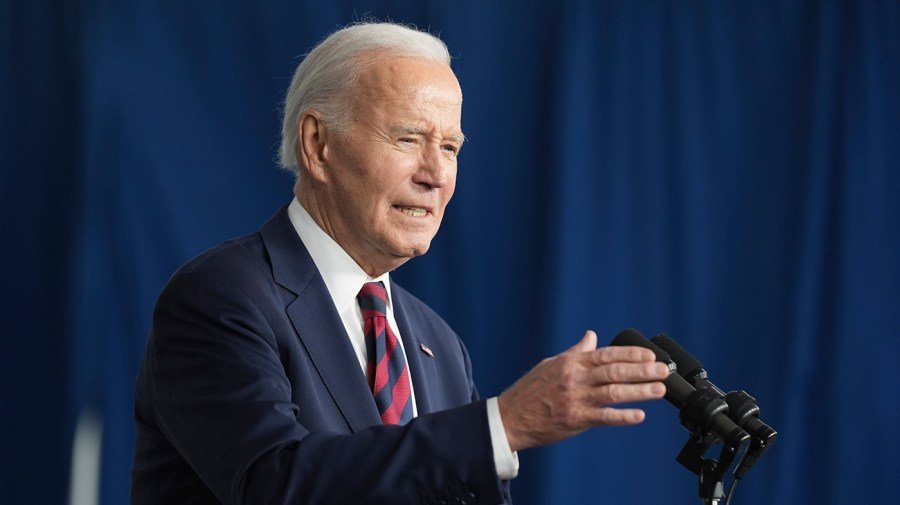
I have worked in the arena. As a White House intern in the Office of Presidential Correspondence, an elected delegate to the Democratic National Convention, and a veteran of campaigns at every level, I have had the chance to see how government really works — behind the speeches and the soundbites.
I have seen former President Joe Biden — not resembling the caricature in these new political tell-alls that people keep publishing, but as a man committed to serving others, listening when it’s hardest and leading when others duck responsibility.
That’s why it is disheartening to see the growing shelf of books peddling the idea of a president in decline.
Each new volume seems less concerned with truth and more invested in narrative — a cheaply packaged tale of malarkey for the cable news set and the Beltway cocktail circuit. These books offer little that is new, but much that is convenient for those looking to profit from pessimism. They rely on anonymous sources, innuendo, and a tired playbook. They question the man’s faculties, reframe routine deliberation as dysfunction, and ignore inconvenient facts that contradict the thesis.
There is clearly a market for these portrayals — just not among those who actually take the time to govern.
The audience is a self-satisfied chorus of the “permanent, professional chattering class,” as Naomi Biden rightly put it. They rarely step into the arena but make a living from narrating its battles. And they seem far more comfortable speculating about the president’s gait than engaging with the gravity of his work.
There is a deeper cynicism at work here — one that goes beyond politics. These books reflect a broader contempt for the idea that decency can still exist in public life. To the authors and pundits profiting off these narratives, it’s unthinkable that someone would choose service over self-promotion, empathy over ego, or duty over drama. So they invent a version of Biden that makes more sense to them: a man propped up by aides, out of touch, fading. It is an easier story to sell, even if it is not true.
I have seen people moved to tears by a letter from the president — a letter sent not as a press stunt but in the quiet aftermath of grief, of hardship or of triumph. I have worked alongside staff who saw firsthand the care Biden gives to decisions most will never hear about, the hours spent preparing for moments the public will only ever see for thirty seconds. That is not decline. That is the burden of leadership.
There are legitimate policy debates to be had, and we should have them. But we should reject the idea that personality assassination, wrapped in the language of reportage, is public service. What these books trade in is not journalism — it’s performance. It absolves the powerful of real analysis and distracts from urgent problems with recycled gossip.
If you must focus on one halting debate performance, talk also about the electric midnight rally that came afterward.
History sorts signal from noise. The books that matter will not be the ones written to chase a news cycle—they will be written to explain a presidency that helped guide a battered nation through recovery, war, and democratic peril. When they include the metrics we can see even now, that see indicators for everything from manufacturing investment to institutional strength skyrocket with President Biden, the truth will be unavoidable.
Joe Biden is not perfect. But he is a good man. And sometimes that alone is what people cannot abide—the idea that integrity might actually persist in someone they’ve decided to mock. That decency might be real.
I didn’t come to that conclusion because I was told to. I came to it because I saw it. And no amount of anonymous sourcing will convince me to unsee it now.
Charles Horowitz is a former White House intern and delegate to the Democratic National Convention.


